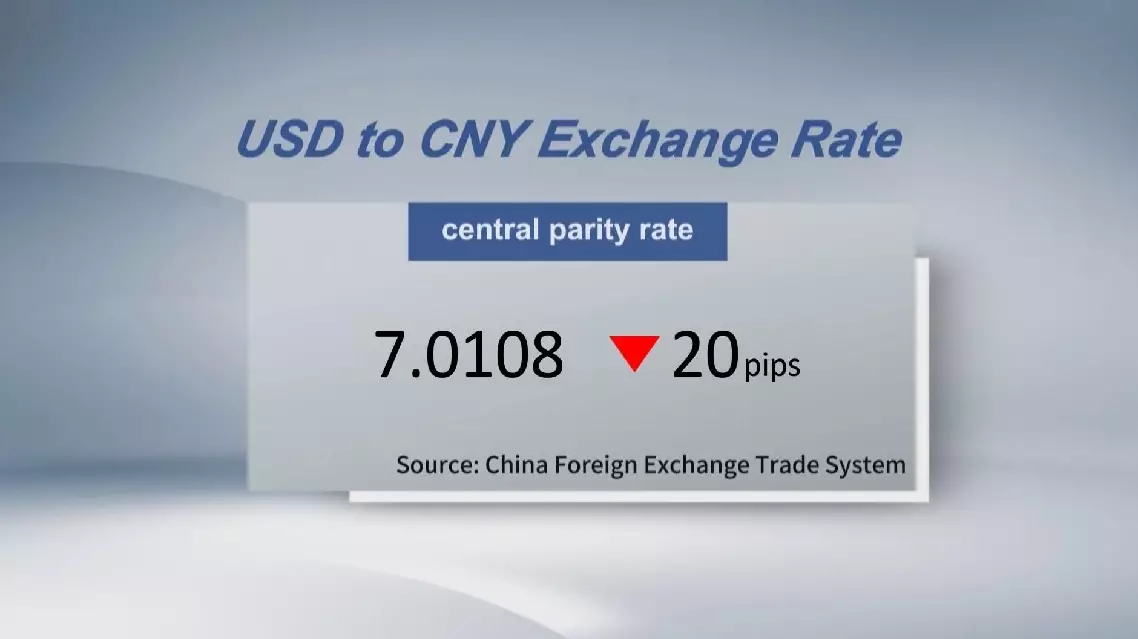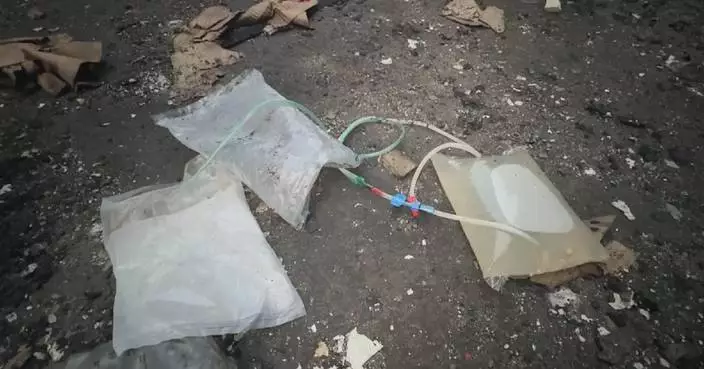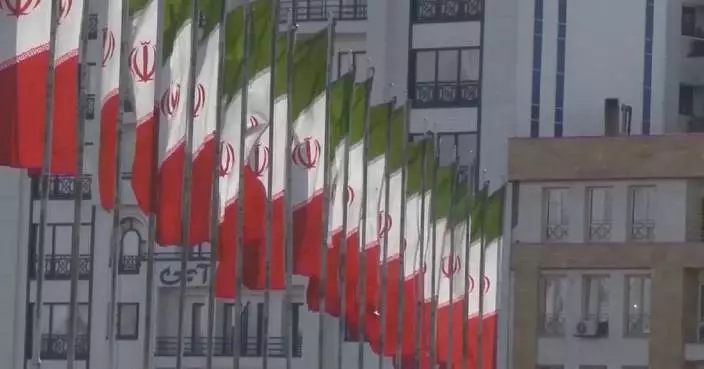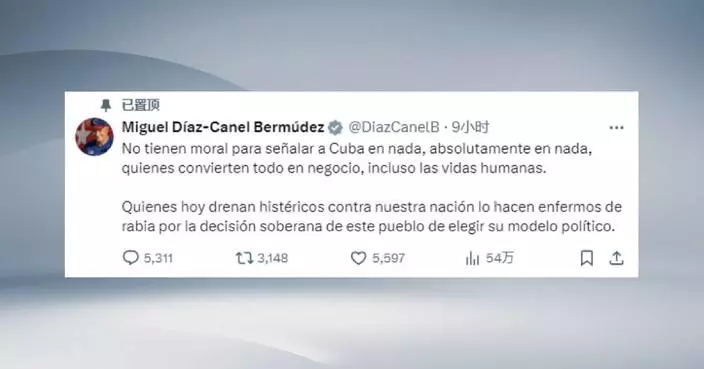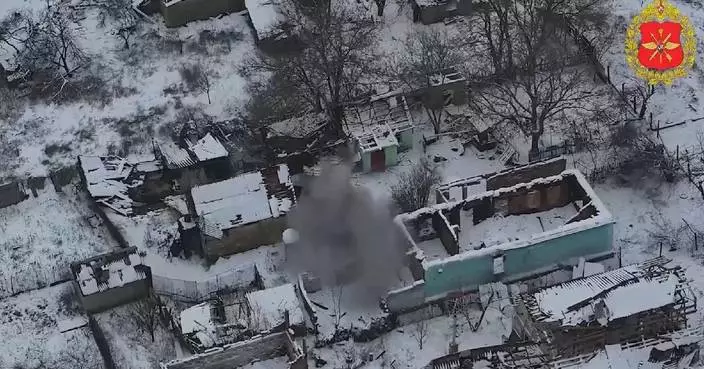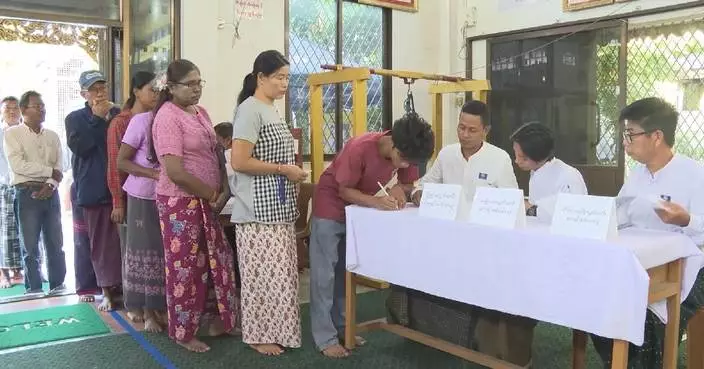Permanent representative of Israel to the United Nations (UN) Danny Danon on Thursday denied that any discussions had occurred between Israel and the UN regarding delivering humanitarian aid to Gaza.
Danon made these remarks at the UN headquarters in response to a query from a China Central Television (CCTV) reporter about the ongoing failure to deliver humanitarian aid to Gaza.
Israel blocked the entry of goods and supplies into Gaza on March 2, following the end of the first phase of a January ceasefire deal with Hamas. It resumed attacks on Gaza on March 18.
With no food, no supplies, and no relief in sight, Gazans have been enduring a relentless fight for survival.
In response to mounting international condemnation, Israel has proposed that its military take over the distribution of aid - a move widely criticized by the international community.
Briefing a Security Council meeting on Tuesday, Under-Secretary-General for Humanitarian Affairs and Emergency Relief Coordinator Tom Fletcher noted that the UN has met for over 12 times with the Israeli authorities regarding the latter's proposed aid distribution model, yet no solution had been found.
Danon, however, stated that no discussions have taken place in recent weeks regarding the issue.
"I don't know about that. Actually I listened to Mr. Fletcher's remarks at the Security Council the other day, and I can tell you that he visited Israel but he had no discussion about that fund because it was way back and in the last few weeks there was no dialogue about that. I would expect UN officials to engage when they want to speak about issues they know how to reach us, they know how to reach the U.S. mission. We are here to engage," he said.
"They got some information from the media, I assume. But I think they should look into that and to realize that if they want to be involved, that is the way to be involved," he added, reiterating that the UN has not reached out.
In response to Danon's denial, the United Nations reaffirmed its position, standing by the public statement released by Fletcher.
"I heard what he said, and we stand by what Mr. Fletcher has said," Farhan Haq, deputy spokesperson for UN Secretary-General noted later on the day, commenting on Danon's statement.
"Mr. Fletcher gave the details," he continued.
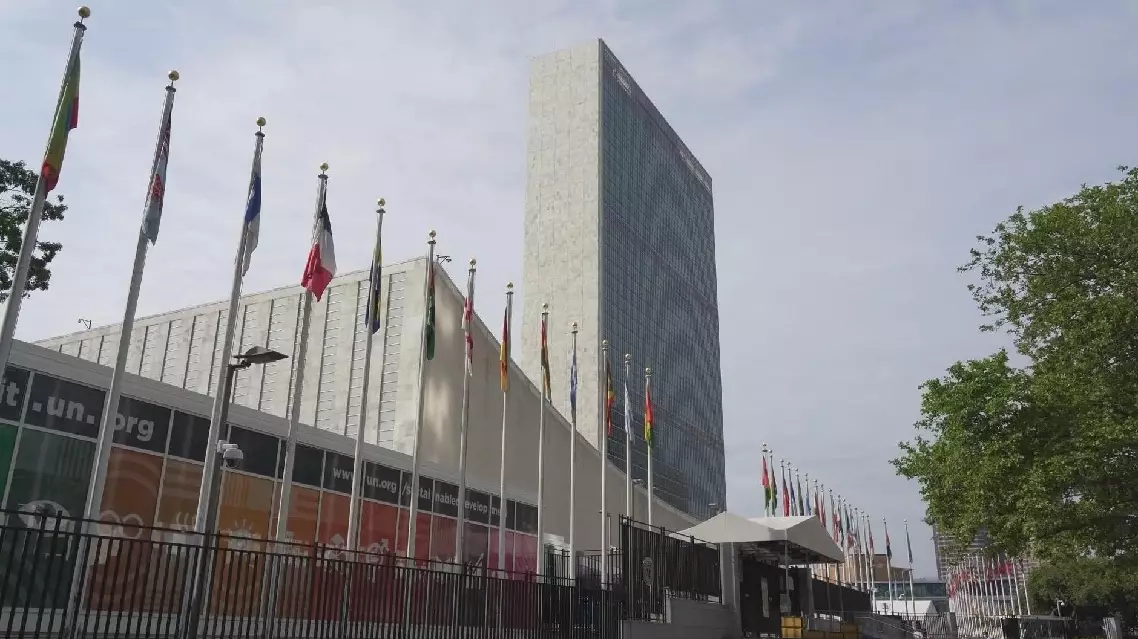
Israel envoy denies discussions with UN on enabling Gaza aid deliveries


